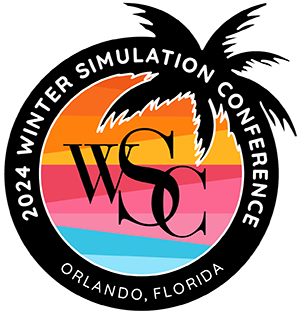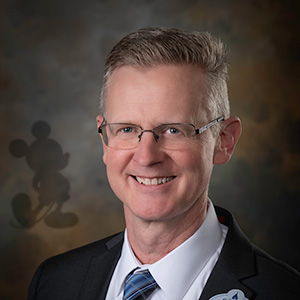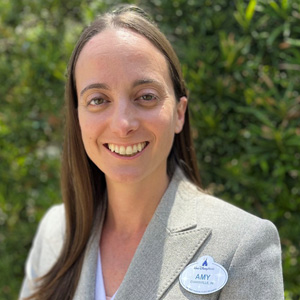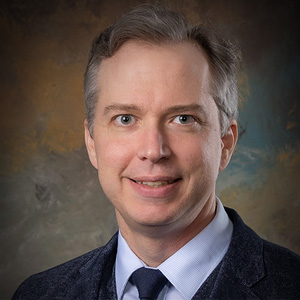2024 WSC Keynote Simulation for Disney Parks and Experiences
At Disney, simulation is used to analyze a variety of stages and aspects of the guest’s vacation experience. Before the first guest rides a new theme park attraction, Disney works behind the scenes to build detailed simulation models that inform design decisions. In this presentation, we will discuss analytics utilized by Disney in the design, development, and maintenance of attractions and transportation systems—including component-level and system-level simulations of the dynamics of ride vehicles and animatronics. In a broader commercial context, we will also discuss the role of simulation in analytics applications supporting business decision making for Disney Experiences.
2024 Titans of Simulation
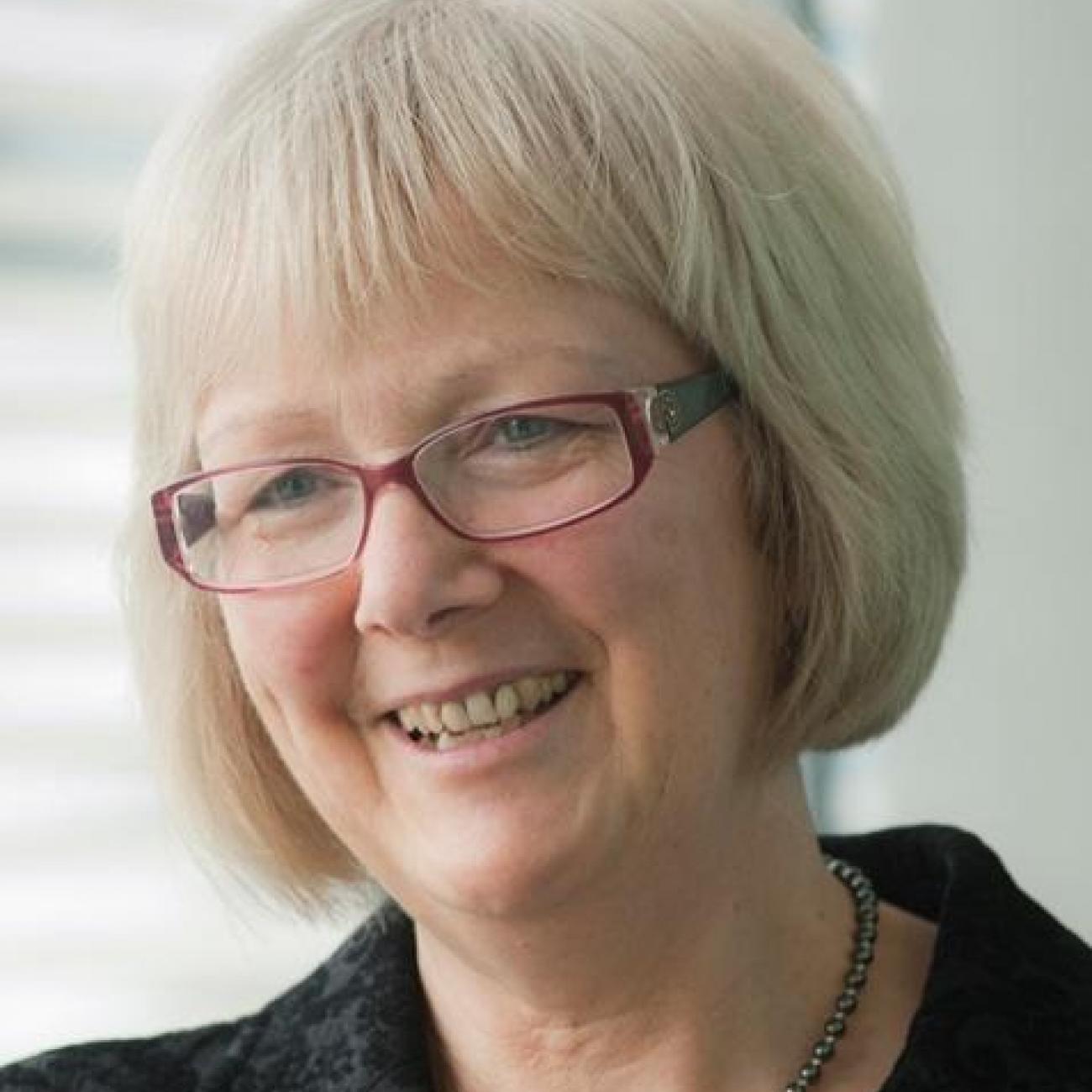
Sally Brailsford
Southampton Business School
University of Southampton
In Praise of Small Models
Over the course of Sally’s 35-year academic career simulation models have got bigger and bigger, due to the exponential growth in computing power and the increased availability of large datasets. This trend has culminated in the current popularity of so-called ‘digital twins’. The scientific definition of a digital twin is open to debate, but according to Wikipedia a digital twin is ‘a digital model of an intended or actual real-world physical product, system, or process that serves as the effectively indistinguishable digital counterpart of it for practical purposes’. In this talk she’ll challenge the usefulness (indeed, the point) of such massive models and argue that based on her experience, small models can often be far more impactful in practice.
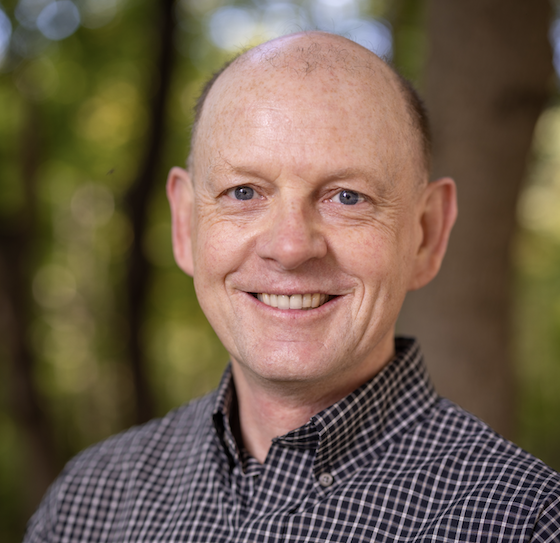
Shane G. Henderson
Cornell University
Chasing Ambulances and COVID: Stories and Lessons
Despite being a confirmed academic nerd, Shane has had the good fortune to be involved in quite a few projects with real impact. In this talk, he’ll highlight two projects where simulation played a central role. In the first project, some simulation analysis he performed for an ambulance service provider was used in a consequential court case. In the second project, he was a member of a modeling team at Cornell University that played a central role in Cornell’s decision to reopen its Ithaca campus for in-person instruction in the fall of 2020, in the midst of the COVID-19 pandemic. The team further advised Cornell throughout the pandemic on essentially all major decisions. It was a wild ride. He’ll tell these stories and draw lessons from them that he hopes will be useful and thought-provoking, whether you work in academia, industry, government or elsewhere.
MASM Keynote
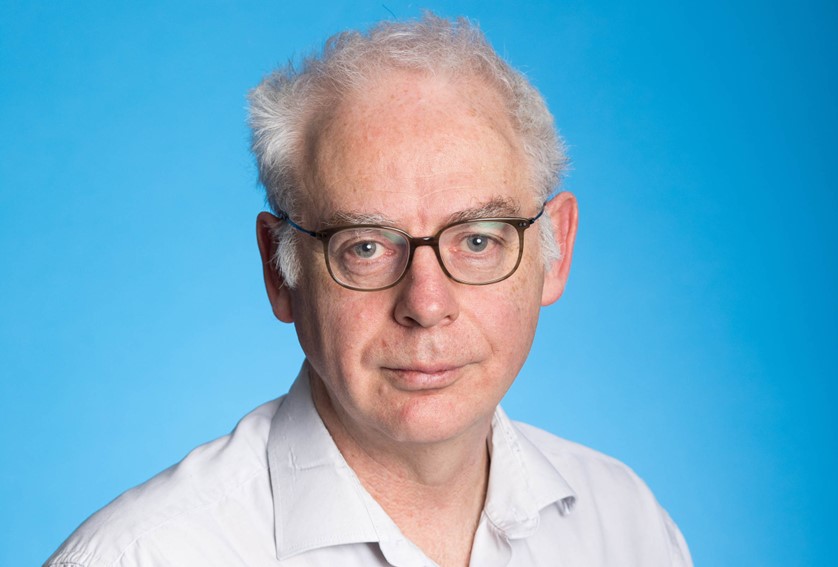
Cathal Heavey
Professor, Supply Chain Management
School of Engineering
University of Limerick
Review of Past Research and Reflections on Digital Thread/Twin Affordability in (Semiconductor) Supply Chain and Manufacturing
This presentation will review past research projects on improving operations of manufacturing and supply chain systems with the goal of highlighting future research challenges. Several of these projects were in semiconductor manufacturing and supply chains. These past research projects were funded nationally, by the EU and industry. It will document several research challenges on topics of Model Based Systems Engineering (MBSE), optimization using online machine learning metamodels, simulation analysis of Advanced Planning System Analysis (APS), and supplier selection. Finally, the presentation will reflect on the role of Digital Thread/Twin and the feasibility of this approach with the current availability of methodologies, computing, and human resources.
Military Keynote
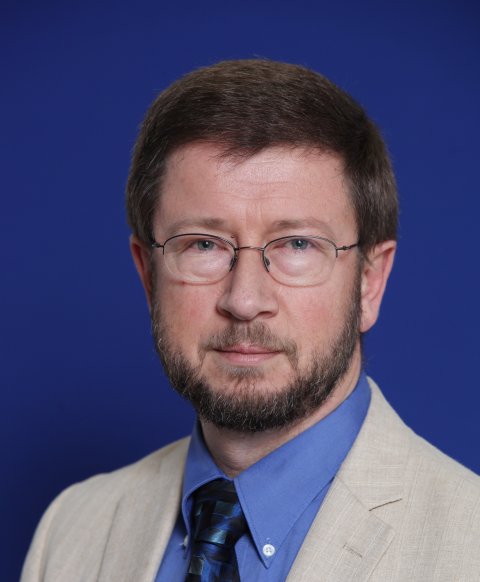
Andreas Tolk
Chief Scientist, Complex Systems Modeling
Modeling and Analysis Innovation Center
The MITRE Corporation
Combat and Complexity: Using Modeling and Simulation to Understand the Implications for the Next War
Ideas of complexity can be found in the works of Sun Tzu and Clausewitz, so complexity in combat is not a new concept the military community and supporting modeling, simulation, and analysis experts must deal with. However, the amount of complexity increases. Early weapon systems did not reach beyond the direct control of the user. The battlefield could be delimited using organizational boundaries defining areas of responsibility assigned to local units. Today’s weapon effects reach beyond the control of the user. Areas of responsibility overlap. Unit boundaries are no longer efficient, but collaboration in the overlapping areas is needed. Today’s military operations increasingly rely upon joint, coalition, allied, and combined multilateral forces that are optimized, and task organized. Air, land, sea, space, and cyber operations are being tied together on a multidomain battlefield characterized by non linear operations in a networked kill web. Such kill webs provide a new from of operational agility that is far beyond current capabilities, but also requires new degrees of weapon system interoperability and a new concepts for battle management command and control. This presentation shows implications for the next war and recommends a closer collaboration with the complex adaptive systems community to benefit from their methods and tools.
